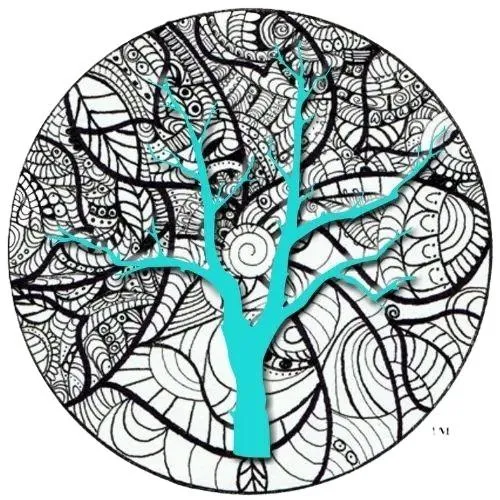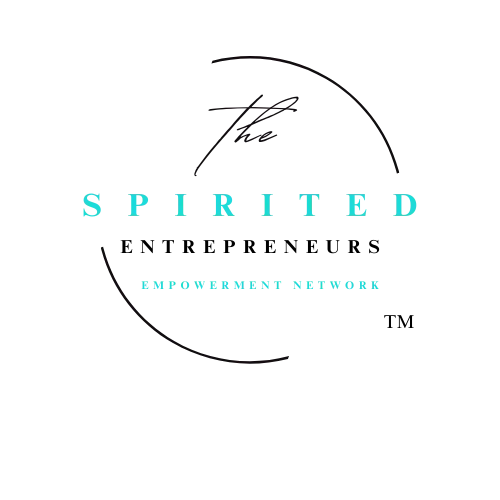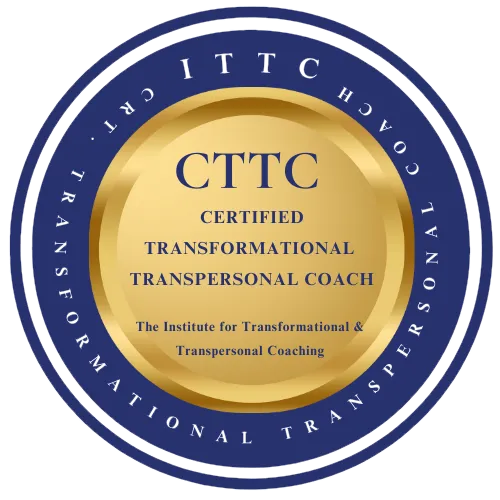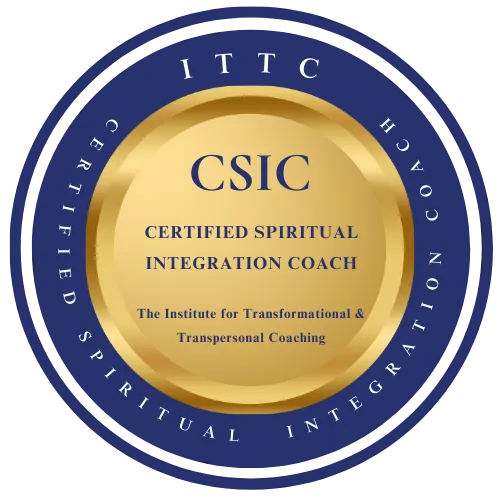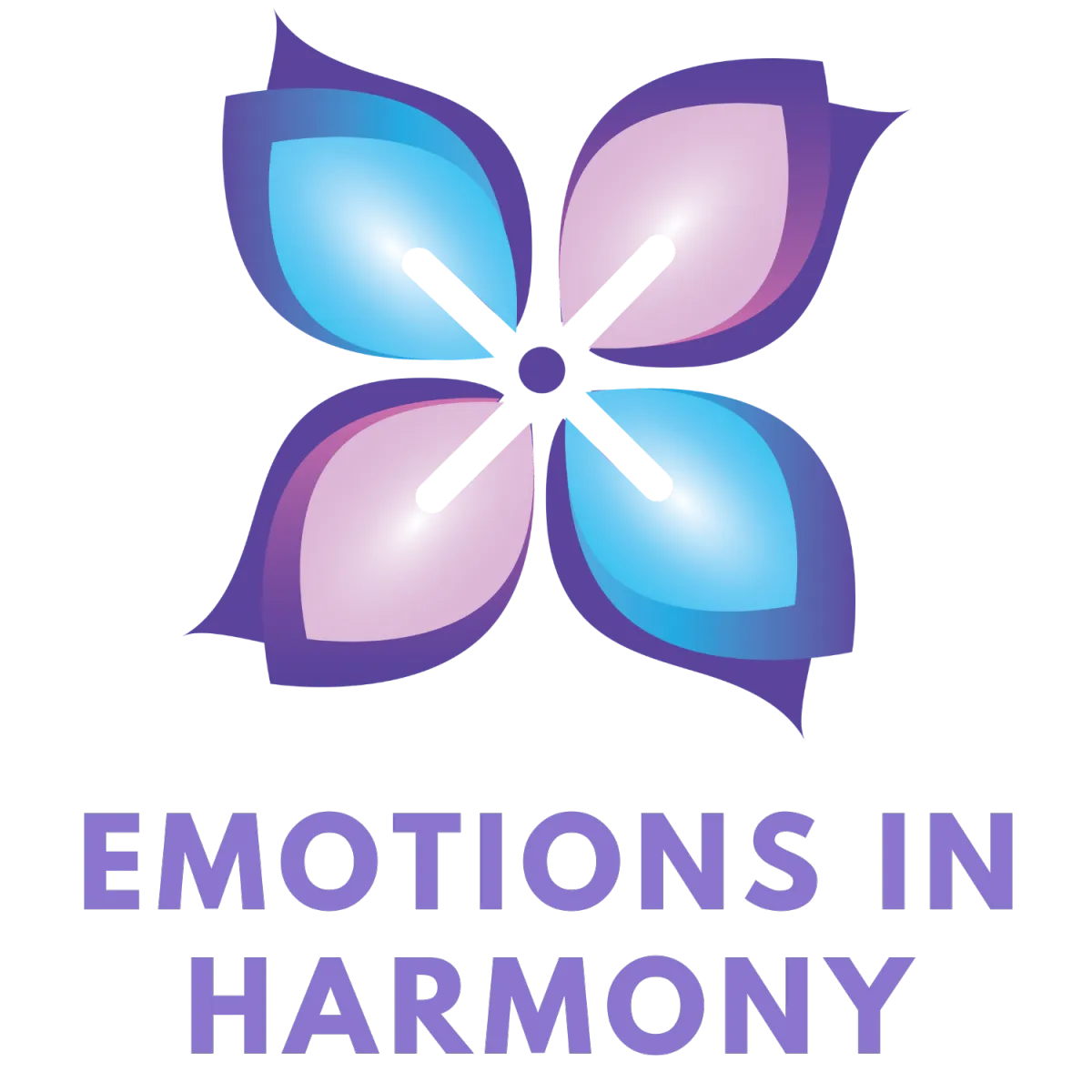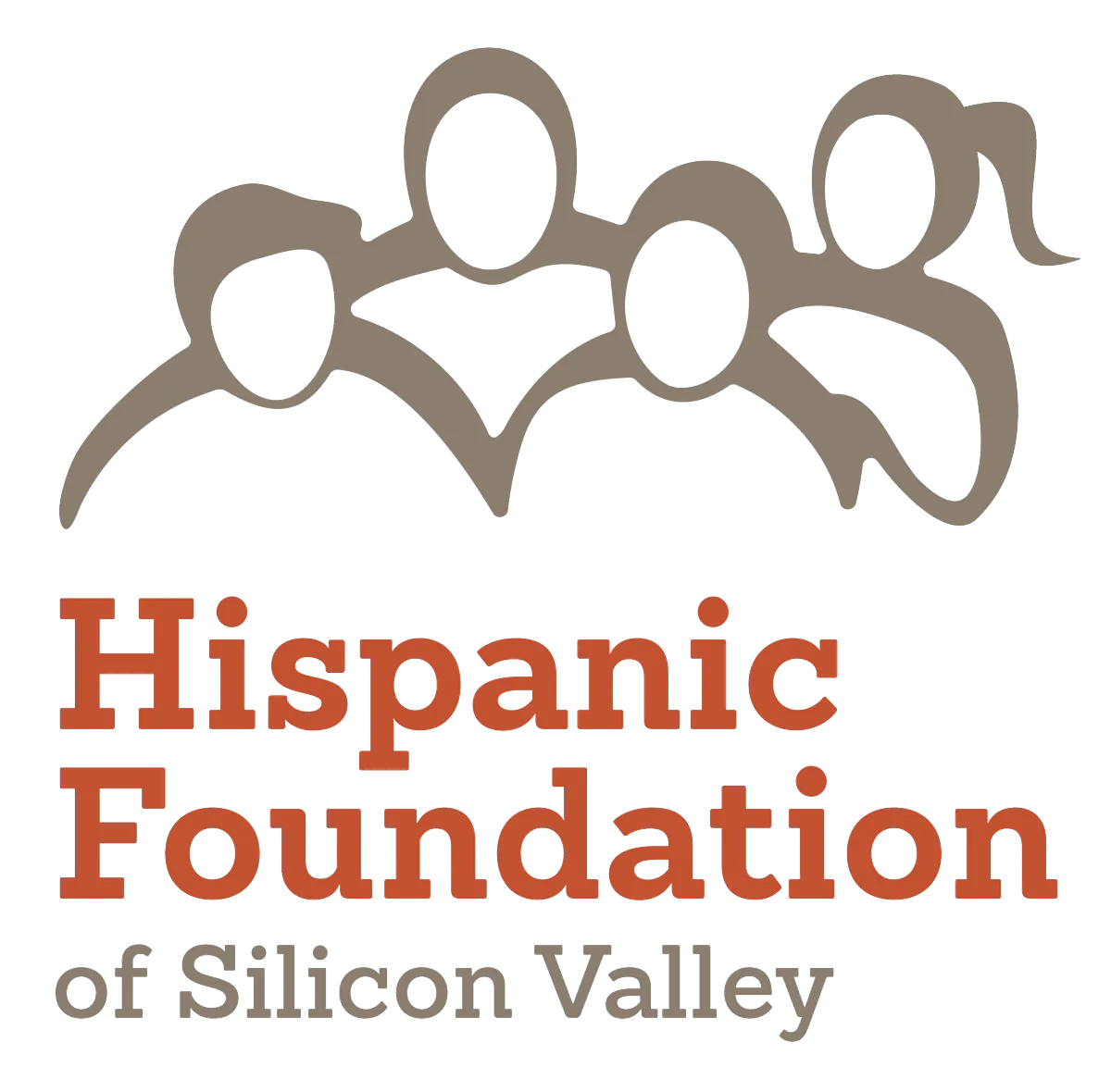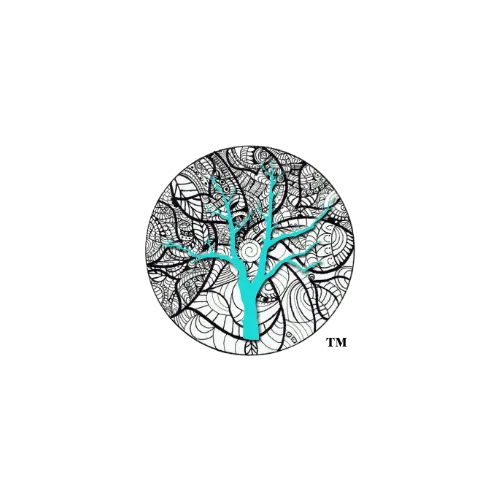Welcome
Soulful Sojourners
Coaching grounded in awareness, reflection, and intentional action.
For A Limited Time
The SOJOURN Readiness™ Experience
SOJOURN Readiness
A personalized diagnostic for conscious achievers seeking deeper alignment in all of life or a specific domain.
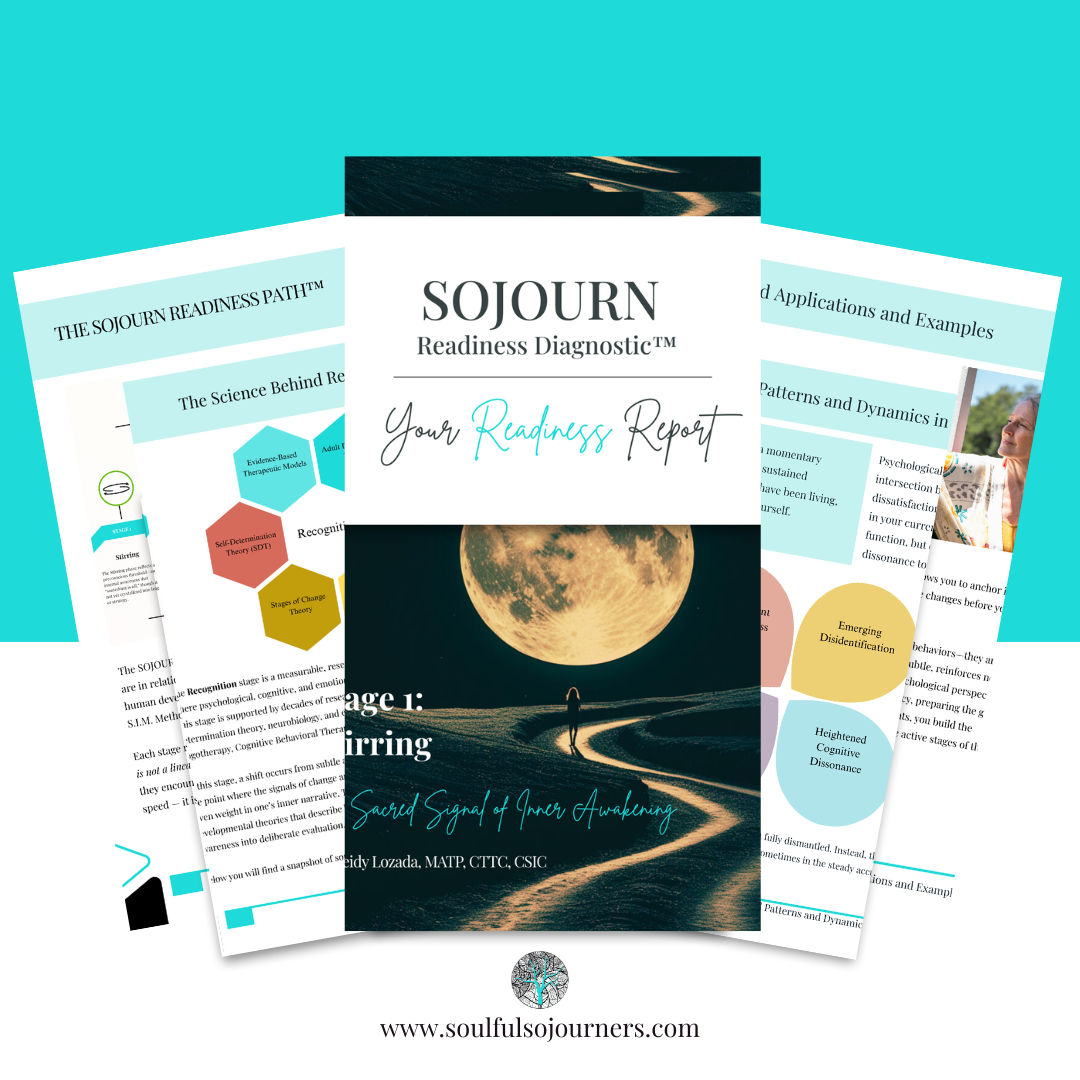

Here's what you get:
A personalized description of your current stage of readiness
A comprehensive 60+ page personalized report
A stage-specific workbook to support your inner work
A recommendation about potential next steps
Total value: $69
Today Just $19
MEET THE FOUNDER & CEO
Hi, I am Neidy
As a Legacy Cultivator and Transformational Strategist specializing in life reimagination, I work with women who have already achieved success by most measures—leaders, entrepreneurs, and professionals who sense there is more waiting to be expressed. Whether you are building a legacy business, redesigning life after achievement, or reclaiming your voice in a new chapter, our work meets you at the intersection of clarity, courage, and evolution.
My work centers on three outcomes that define meaningful transformation—clarity in direction, coherence in action, and continuity in legacy. I specialize in:
Life reimagination: Translating inner clarity into a renewed vision for how you live, work, and belong.
Purposeful legacy projects: Channeling your vision into work that uplifts others and carries your signature long after it is complete.
Bridging strategic planning with spiritual purpose: Infusing every plan, system, and structure with the clarity of your spiritual compass.
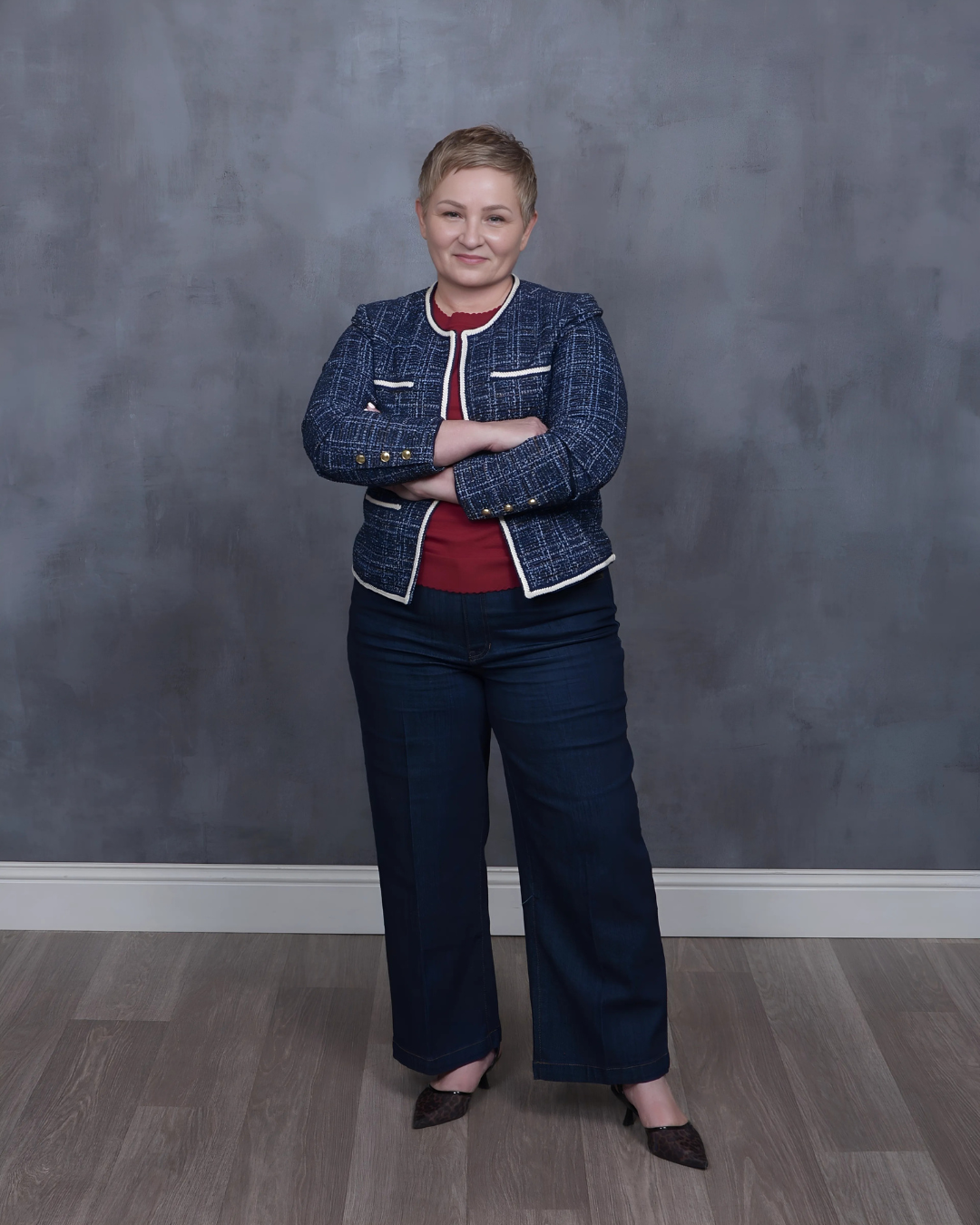
"I am a completely different person, and for the better! For seven years, I dreamt of opening a home bakery. It was just a "what if" for so long. But within four months of working with Neidy, I launched it on my 40th birthday!"
- Cara Keefer
This Work Is
For women standing at the edge of change.
EMBODY™: High-touch, individual coaching for women ready to live, lead, and create with soul-rooted alignment.
BREAKTHROUGH BLUEPRINT™: A two-hour private strategy session, carefully designed for individuals seeking rapid clarity, targeted guidance, and immediate actionable strategies.
Self-Paced Programs: Living Imprints™ (12 weeks) and Five-Phase Imprint™ (20 weeks) for personal transformation at your own rhythm.
Spirited Entrepreneurs Empowerment Network™ (S.E.E.N.): Curated experiences for connection, learning, and visibility, including events, speaker series, and private circles.
SIGNATURE PROGRAMS
THERE IS SOMETHING FOR EVERYONE
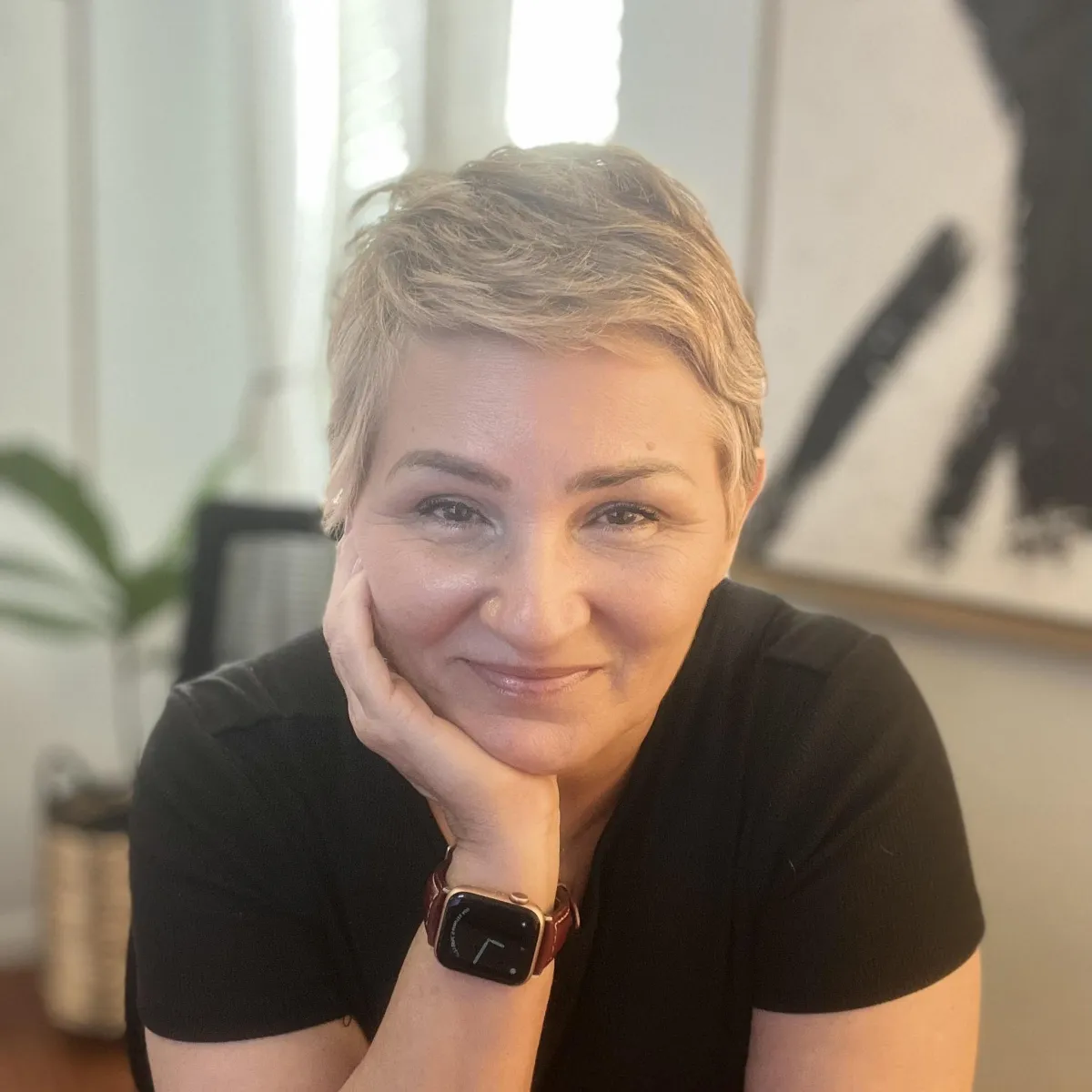
INDIVIDUAL PROGRAMS
One-to-One Highly-Focused Sessions
Walk away from the Breakthrough Blueprint™ with your signature next move clearly defined, your internal barriers addressed, and a concrete 90-day leadership activation plan.
With EMBODY™, step into soul-rooted leadership, align your calendar, mindset, and message, and launch your legacy initiative with intention and impact.
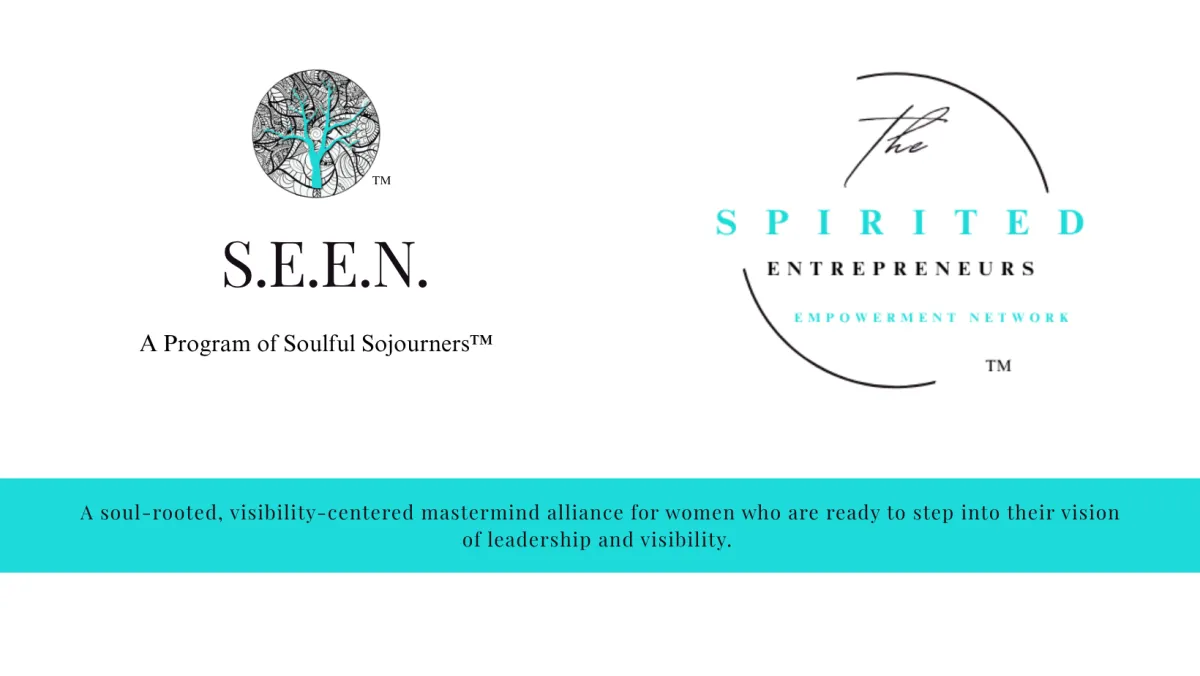
SPIRITED ENTREPRENEURS
A Mastermind Alliance and Membership
The Spirited Entrepreneurs Empowerment Network™ (S.E.E.N.) is a community of visionary women reclaiming their space in business, leadership, and personal power. Whether you are mid-career, newly self-employed, or launching your encore chapter, S.E.E.N.™ offers a pathway to visibility, support, and collective momentum.
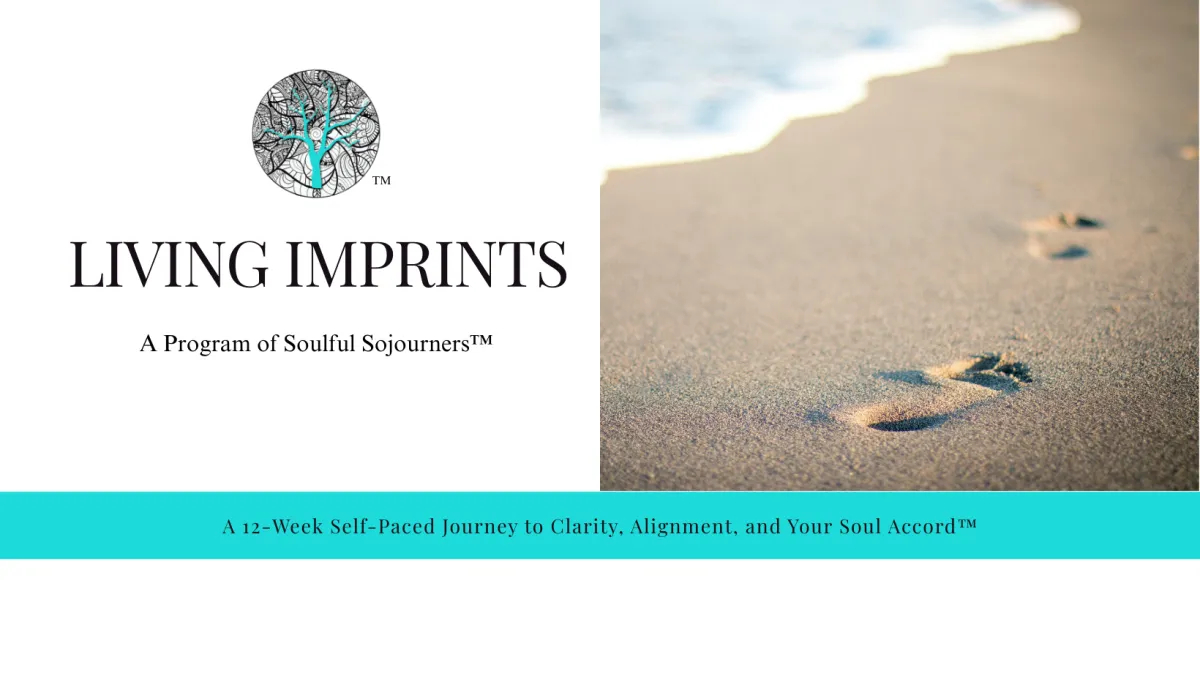
LIVING IMPRINTS™
A Structured and Intentional Self-Paced Option
Living Imprints™ is a twelve-week journey of conscious alignment and embodied clarity. It invites you to pause, reconnect with what truly matters, and translate self-awareness into purposeful action. Each step guides you to live, lead, and create from integrity. By the end, participants walk away with a completed Soul Accord™ and renewed clarity for how to live and lead from it.

Why Mission Matters
I am on a mission to help women like you integrate ancient wisdom with modern strategy, lead with intuition and intention, and build a legacy rooted in spiritual depth and practical success.
→Gain unstoppable clarity on your next chapter
→ Align your values with your daily rhythm
→ Cultivate personal power that moves through you
→ Launch impact and build a legacy that holds your truth.
“Why Lean In When You Can Build Your Own Table?”
A reflection on the cost of conformity and the power of creation. Neidy Lozada explores what happens when women stop adapting to systems that diminish their voice and begin building spaces that reflec... ...more
Impact
October 16, 2025•3 min read

Invisibility Is Not Safety — It Is Surrender
Many of us were taught that staying small, quiet, and unseen would keep us safe. But in today's world, invisibility is no longer protection — it is silent surrender. ...more
Impact
April 27, 2025•4 min read

Why Visibility Matters: The Power of Voice in an Era of Regression
Your visibility matters not just for your liberation but for our collective future. In this moment of regression, I invite you to consider: What truth are you uniquely positioned to speak? What perspe... ...more
SERIES
April 11, 2025•8 min read
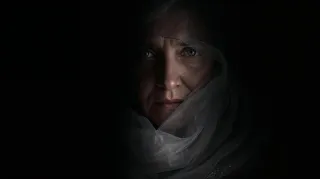
Some Kind Words
TESTIMONIALS
what our members are saying
Neidy leads with a truly open heart and creates spaces where you feel seen, supported, and inspired. Through Soulful Sojourners, she brings visionary women (well, everyone!) together in community, helping them find clarity, alignment, and purpose. Her guidance is both soulful and practical—perfect for anyone navigating change or seeking deeper impact. I’m grateful to be part of the journey. - Eileen Murphy

Neidy has coached me for almost a year now. During this time, she has been patient and has helped me articulate my mission, vision, and what I really want for my company and for myself. I highly recommend her coaching if you are ready and willing to make the changes you need to succeed. Her compassionate, caring, and thoughtful approach is very rare to find. She is a treasure in my life. - Carmen Roman, Ph.D

Neidy has been a tremendous asset in my life when I was lost at the lowest point of my life. Her kindness, positivity, and support are the light of the tunnel. I can’t address how special it was when I didn’t know what to do, and she showed up with a big heart and embraced everything I shared. The actionable plan and active listening skills she demonstrated were wonderful and essential for me to get back on my feet. - Lily Chen

Neidy is a natural leader who works well under pressure. She is incredibly knowledgeable in her field and is a fantastic mentor. Her compelling presence in front of an audience is impressive as she spreads empowerment and strength within a team. I view Neidy as a valuable asset to any team she may be a part of. It would be a privilege to work with her again in the future." - Jennifer Thawley

